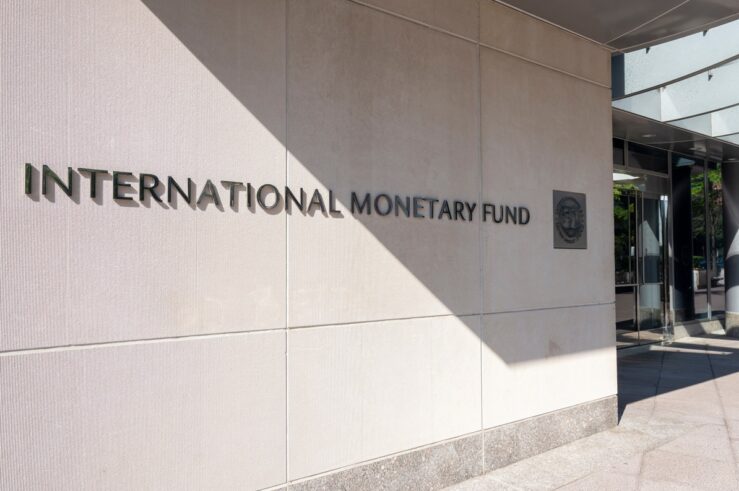As Steve Bainbridge recently noted:
Obama said . . . that making the U.S. more competitive means investing in a more educated work force, committing more to research and technology, and improving everything from highways and airports to high-speed Internet.
He observes that a better way to increase U.S. competitiveness is by changing the law rather than spending money, and cites his own recent corporate law paper as one possible approach.
I agree and have my own papers on increasing competitiveness by changing process rules to foster jurisdictional competition:
- My paper with Butler, Legal Process and the Discovery of Better Policies for Fostering Innovation and Growth, discussed here.
- And my recently posted paper with Erin O’Hara O’Connor, Exit and the American Illness.
Here’s the abstract of the second paper:
This essay, prepared for a book on the effect of regulatory, liability, and litigation inefficiencies on the global competitive position of the U.S., focuses on the role of the US federal system. We show that, although multiple US states offer significant potential for jurisdictional choice to address misguided or inappropriate law, this system is only a partial solution to these problems and can itself be a source of bad law and excessive litigiousness. Federal law and enforcement of contractual choice-of-law, choice-of-court, and arbitration clauses provide some, but only partial, relief. As a result, choice of law and jurisdiction rules potentially expose firms that do business nationally or internationally to oppressive law in any of the US states. Without reform of the rules regarding jurisdictional choice the US is losing an opportunity to exploit the edge in international competition it might get from its federal system.
These process-related suggestions could create a more dynamic economy that encourages private markets to innovate, which can generate real growth over time. Bureaucratic decisions to fill potholes and choose which research ideas are worth funding may or may not be productive and surely will be expensive. Take your pick.




